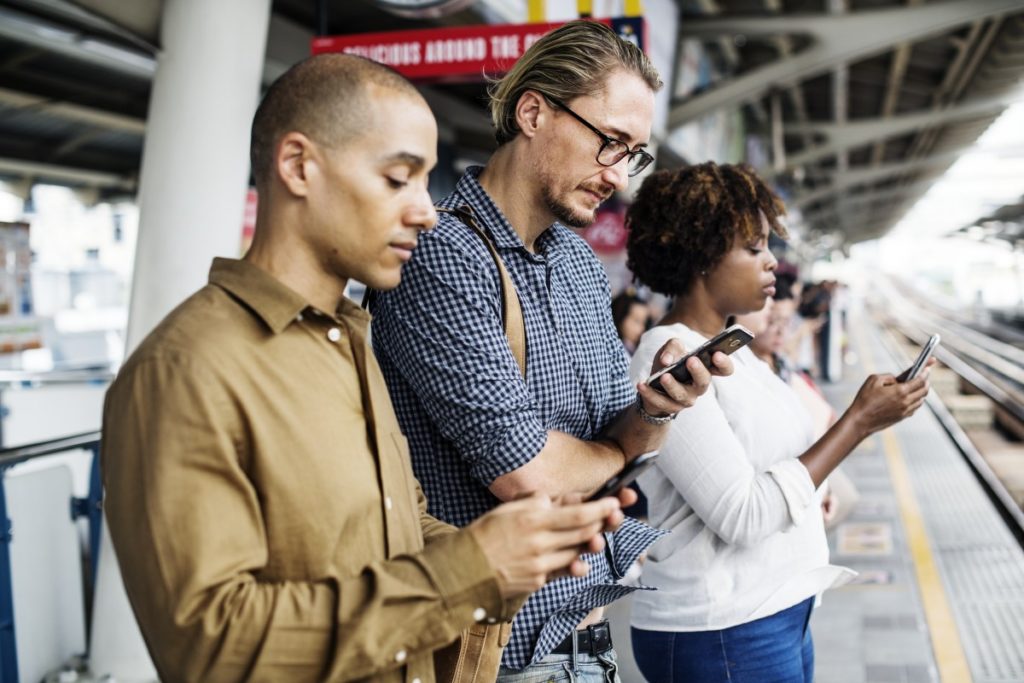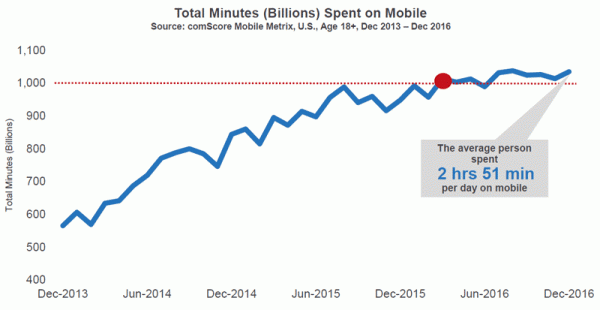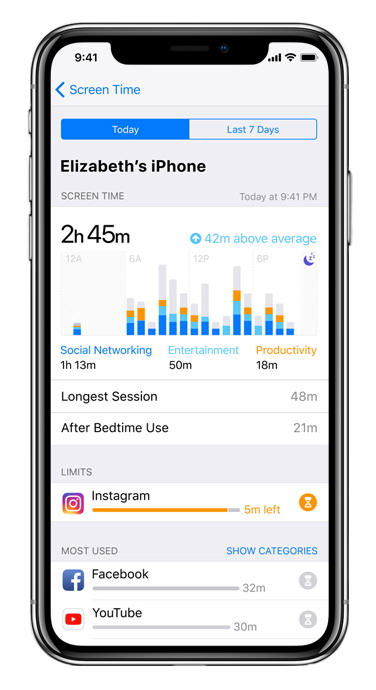Access to technology such as smartphones, tablets, and smartwatches has allowed us to accomplish things that many take for granted nowadays. Doctors can save someone’s life with the aid of collected health data. You can order groceries, cheap car rides, make bookings for events and restaurants, get travel information, and much more. These abilities have essentially made modern devices like our phones and smartwatches a necessity, making our lives easier and more efficient, allowing us to focus on things more important to us: friends, family, work, you name it.

However, while all of this helps us, we still get distracted. We’ve become attached to our phones, most notably to social media. There’s socializing IRL, and then there are the “anti-social networks”, as I like to call them. We’ve been glued to many networks such as Instagram and WhatsApp, and have acquired time-wasting behaviour and a tendency to fall into traps. Social media companies use the data they have about you to cater your experience, delivering content specifically for you to enjoy, whether that’s an ad you’ll probably click, or just an engaging post from someone with similar interests to get you to stay on the site. You could argue that this is a great way to get good content, and it is. Nothing’s stopping you from using these services—I use them—but we have become too engrossed. It’s clear that we’re addicted to our smartphones, and companies like Google and Apple are finally acknowledging this. A recent study found that before smartphones took off around 2007, just as the iPhone was starting to change the market, users spent approximately 30 minutes a day on their phones. That’s how much time I on social media at most, myself.
Now moving into 2018, the study shows an increase up to an average of 2.5 hours! That’s crazy to think about. The time we spend looking down at our phone screens has increased by 5 times in 10 years. Companies like Apple and Google are in the midst of developing their own digital wellbeing services right into their operating systems, namely iOS and Android, which we can expect to see soon.

Take Apple, for example. iOS 12 now has new features that can track your usage of different apps and different categories of apps. You can now even prevent yourself from using a specific app after a certain amount of time. (You can also choose to ignore/disable such self-imposed restrictions, but that’s for you to decide whether you should succumb to the urge or better yourself.) As an analogy, I might eat so many sweets that I feel sick and bored of it, but it’s tempting not to stop. You want to enjoy that delicious sweet treat, but we first need to learn to discipline ourselves, let go, and say enough is enough.

Ask yourself, are these products using me more than I’m using them? We miss important moments that, if we had just looked up, we would’ve possibly enjoyed and remembered. We are missing out on social opportunities with others: our friends, family, and acquaintances. Or even spike up a conversation with a stranger. This is how I see about my day. I get up and head out to work, and then I start noticing it—it feels as if I’m in zombie-land. On the pavements, the trains, in restaurants, pretty much everywhere—the pure agony of seeing our civilisation looking down. People, not noticing the turning of the world around them. As someone who’s constantly busy, I believe these concerns apply to everyone. The vast majority of us manage our lives well, and we tend to do a pretty good job at it, most of the time, but our digital wellbeing is important, so let’s work to manage that, too, while we are at it. Together. With our heads looking forward.
